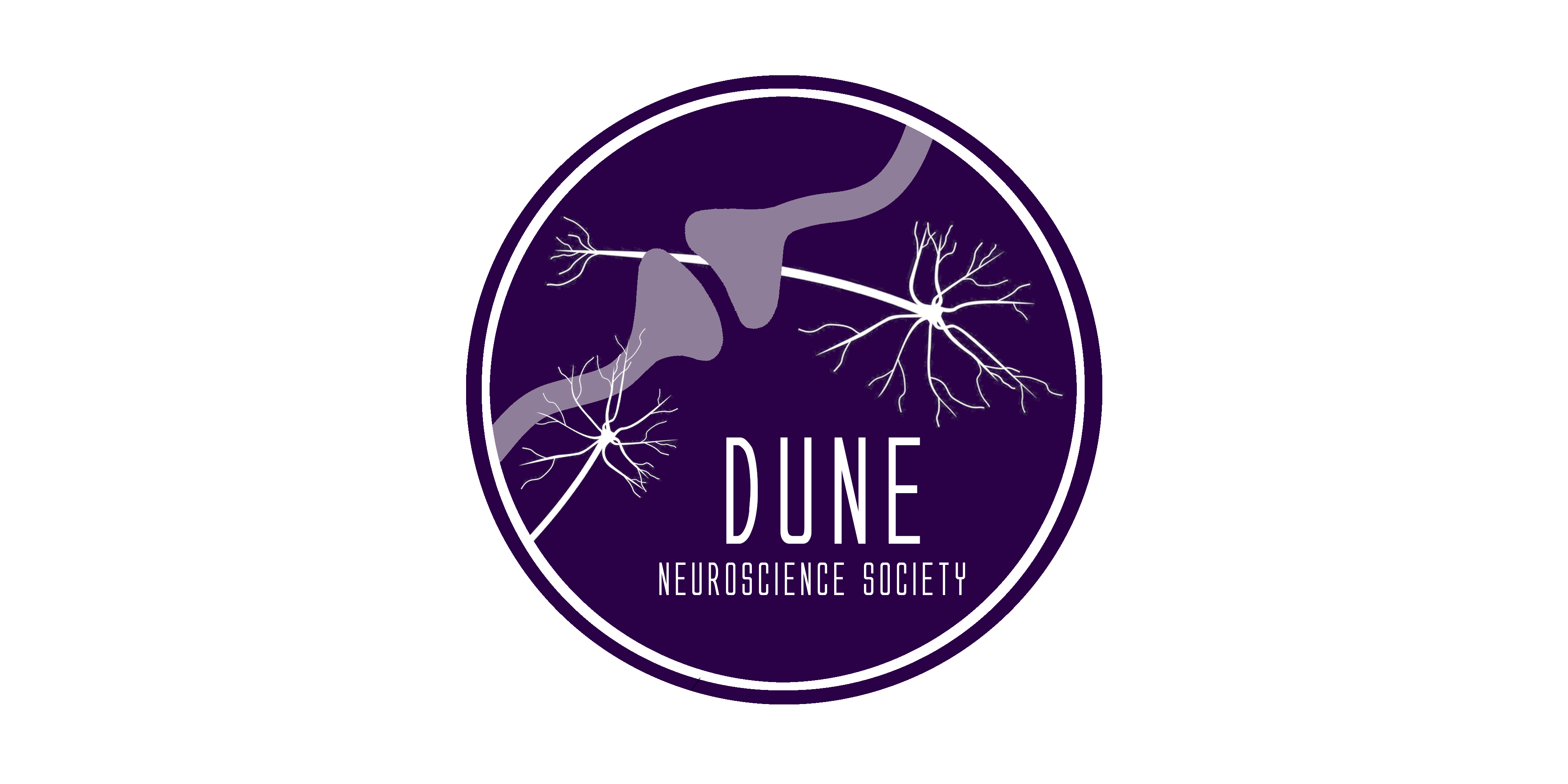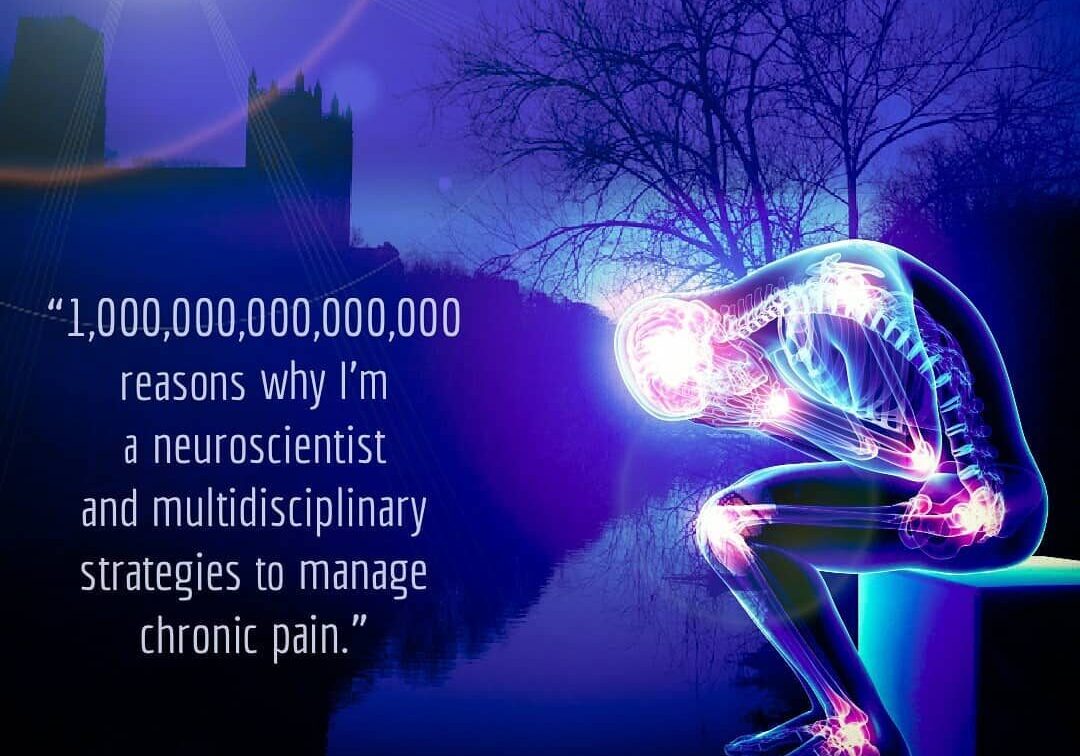Talks
-
Lizzie English and Lydia Kitchen’s Talk
On the 1st of February, we were joined by two current Masters students, Lizzie English (MBiol) and Lydia Kitchen (MScR), who work in Paul Chazot’s lab at Durham University. As outlined by Lizzie, Despite dissimilar research topics, both students use the model organism Drosophila Melanogaster. As outlined by Lizzie, benefits of Drosophila as a model organism include its few ethical restrictions, short lifespan and easily modifiable genetics. Additionally, structures surrounding the brain (the skull and cerebrospinal fluid in humans) are closely paralleled in flies (the exoskeleton and haemolymph). This makes the fly a good model of neuro trauma. Lizzie was first to discuss her 9-week project, entitled ‘Development of Drosophila…
-
Stephanie Grillo’s Talk
Research and experience as a Durham Neuroscience postgraduate student: 10 years on Beginning with a light-hearted warning about her dog, Stephanie Grillo set an informal yet informative tone for her talk covering her academic and research career spanning from an Undergraduate at Sunderland University, a PhD at Durham and research career in America. This whistle-stop tour of her work across the four universities also provided reasoning for many decisions she took at the crossroads in her life during her career and gleaning from all of that useful advice for aspiring neuroscientists. Skimming through her years as an undergraduate at Sunderland she discussed her weighing up her choices for moving into…
-
Paul Chazot’s Talk
On the evening of Friday 9th October we welcomed our very first guest speaker Paul Chazot to give a talk on chronic pain and his career is neuroscience. Paul is a pharmacologist and neuroscientist at the Durham Biosciences Department, with diverse research interests in the fields of drug development and neurological disorders. Chronic pain affects over 25% of the population. Still, its importance as a disease was only recognised by the WHO last year. After an introduction to the complex neural processes underlying pain, Paul argued that the treatment of chronic pain requires different drugs from the ones normally used against acute pain. However, in lack of better treatments, patients…




